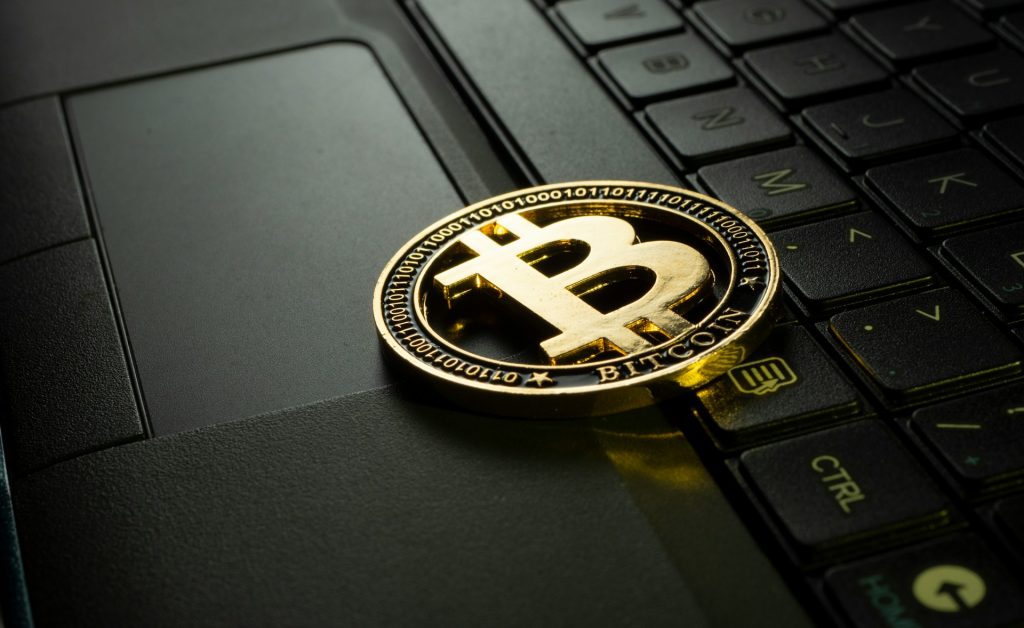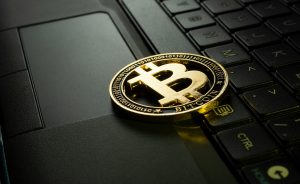Digital Asset Sector Sees Mixed Signals as Miners Face Volatility and Developers Build New Ecosystems

A snapshot of the digital asset industry reveals a sector of contrasts, with established crypto miners like MARA Holdings facing significant market volatility while developer ecosystems, particularly on the Solana network, focus on fostering the next generation of startups.
MARA Holdings Market Performance
MARA Holdings Inc. (MARA), a prominent digital asset technology company, saw its stock price settle at $18.46, reflecting a 2.22% decline in a recent trading session. The stock, which has a 52-week range between $9.81 and $30.28, currently supports a market capitalization of $6.99 billion. Despite the daily downturn, the company maintains a P/E ratio of 16.91 based on an EPS of $1.12. Market data also indicates significant bearish sentiment, with 26.96% of the public float shorted as of October 15, 2025, amid high average trading volumes.
MARA’s Business Focus
Headquartered in Hallandale Beach, Florida, MARA Holdings is deeply integrated into the Bitcoin ecosystem. The company’s core business, established since its founding in 2010, involves mining cryptocurrencies through its operation of large-scale bitcoin mining facilities. Beyond mining, the firm engages in selling proprietary software, offering consulting services for mining ventures, and developing renewable energy resources to power its operations.
A Shift Toward Application and Ecosystem Building
While MARA represents the established mining foundation of the industry, a different kind of growth is happening on alternative platforms. On a recent “Crypto Nerds” podcast, Patricia Albrecht of Solana Superteam Germany spoke with host Eric Heinemann about the push for innovation and startup development on the Solana blockchain.
Solana’s Appeal to New Founders
Albrecht, a former Google manager who entered Web3 via Ethereum, explained that Superteam is now active in nearly 20 countries, working to build a strong ecosystem. She emphasized that Solana’s appeal goes beyond hype; its status as a high-performance blockchain capable of handling millions of transactions daily provides tangible value. This combination of speed and low cost, she noted, is convincing many founders to migrate from other chains.
How Superteam Cultivates Talent
Superteam Germany actively fosters new talent by organizing events, hackathons, and co-working Fridays. Albrecht highlighted the importance of local teams for facilitating international collaboration, using the startup Xelio as an example. Xelio, which created an SMS-based stablecoin payment solution, worked directly with Superteam Nigeria to test its product in the African market.
Funding and Future-Facing Technologies
Functioning as both an accelerator and an investor, the Solana Superteam provides grants up to $10,000 to startups, often without requiring a formal pitch deck or taking an equity stake. “We want to foster innovation, not manage it,” Albrecht explained. This approach has attracted partners like Börse Stuttgart and Mansory, which has its own token on Solana. Albrecht sees Real-World Assets (RWAs) and stablecoins as major future drivers, citing projects like Baxos, which tokenizes spirits, as proof of the blockchain’s growing real-world utility.
Europe’s Goal for a “Solana Unicorn”
Looking ahead, Albrecht’s ambition is to see a “Solana Unicorn made in Europe.” However, she cautioned founders against creating artificial problems just to implement a blockchain solution. She concluded that for Europe to compete globally, it must assert itself more strongly and provide the political support necessary to prevent innovative founders from relocating abroad.




